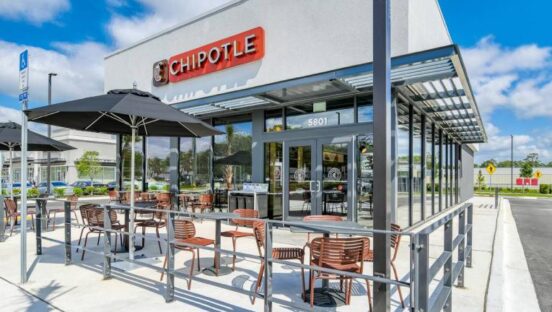





The restaurant business is a multi-billion industry. This explains the ever-increasing interest from entrepreneurs and food enthusiasts. According to an opinion poll by Rasmussen, an opinion polling company, more than 50 percent of Americans go out to eat at least once a week. This alone is proof enough that the customer base is in plenty.
However, does this mean getting into the restaurant business is a walk in the park? Certainly not; there is more that goes into starting and building up a successful restaurant business. Ranging from management policies to menus to location, a successful restaurant business is a result of prudent planning and creating the right business model. Here are the top five tips to consider when starting a new restaurant business:
The target market
Just like any other business, a restaurant will work best when done with the right target audience in mind. Before setting up the business, a prudent business mind will try to get the clearest picture of their potential customers. This may be regarding factors like income levels, age,and lifestyle. Getting details about how they spend their time and where they live also goes a long way in determining what will work best.
Talking of the target market, this also ties with consideration on location. After identifying the target audience, this will inform on where best the restaurant can thrive. Looking at the foot traffic and any other form of traffic that is likely to enhance the business goes a long way. It is also important to research on the existing laws of the area to avoid friction with industry law enforcers.
Finance options
The restaurant business needs proper funding for it to get on the right footing. This will help cater to such factors like rent, furniture, food and wages for employees before the business picks up. In most cases, personal savings are the best option to go for. However, this may not always be enough. In this regard, one can opt for other sources of capital.
With a strong business plan and a clear vision for the restaurant, it is easy to find investors willing to finance the business. A prudent entrepreneur will see the need to seek partnerships with like minded people to help catapult the business. One the other hand, one may seek funding from friends and family in the form of loans or otherwise. These two options are not only hassle free but also helps avoid typical bank fees. Other equally viable means of funding may include credit union loans and crowdfunding.
Menu
The success of any restaurant business does not only lie on the variety of dishes available but also how uniquely they are prepared. Based on the target market, it is important for a restaurant business to consider exceeding the expectations of its clientele by offering unique menus. For instance, one may see the need to introduce a new twist to some common food the area.
Getting the right menu for the target audience depends on a careful study of food trends in the area. For instance, in an area with a majority of vegans, one may consider going for more meatless options on the menu. For profitability, one may also consider going for menus that share ingredients.
Marketing
As a new business, it can get a little challenging to attract customers. This is especially so when operating in an area with stiff competition. As such, there is a need to come up with a strategic marketing plan that will get the work out there. With the current digital dispensation, marketing becomes much easier as platforms like social media can prove effective.
A restaurant business also needs networks to survive. By joining restaurant coalitions and working with other related industries like travel and accommodation, the business will get more exposure through cross-promotion.
Pricing
The menu pricing strategy of a restaurant can make or break the business. Whether the restaurant adopts the casual comfort food or upscale dining, the pricing ought to make some financial sense. Some of the common factors that will determine pricing a restaurant business include overhead costs, direct costs, preparation costs and location.
When setting the pricing, it is important to consider the fact that some food prices fluctuate depending on seasons. As such, the prices arrived at should cushion the business and maintain profitability even with such fluctuations. While at it, it is important to keep in mind the target audience and the business model adopted.
There is a lot more that may go into starting up a new restaurant business. With these basic factors, however, it becomes much easier to venture into the trade. The success of any restaurant business depends on the little things that may sometimes be overlooked. These can, however, be easily dealt with through proper customer service. By putting in the time and effort, any aspiring resultant business owner will have an easier time getting the right footing.
Jim Hughes is a content marketer at OpenCashAdvance. He has significant experience in covering technology, finance, economics, and business topics for about three years. He likes to share all the insight and knowledge he has.












